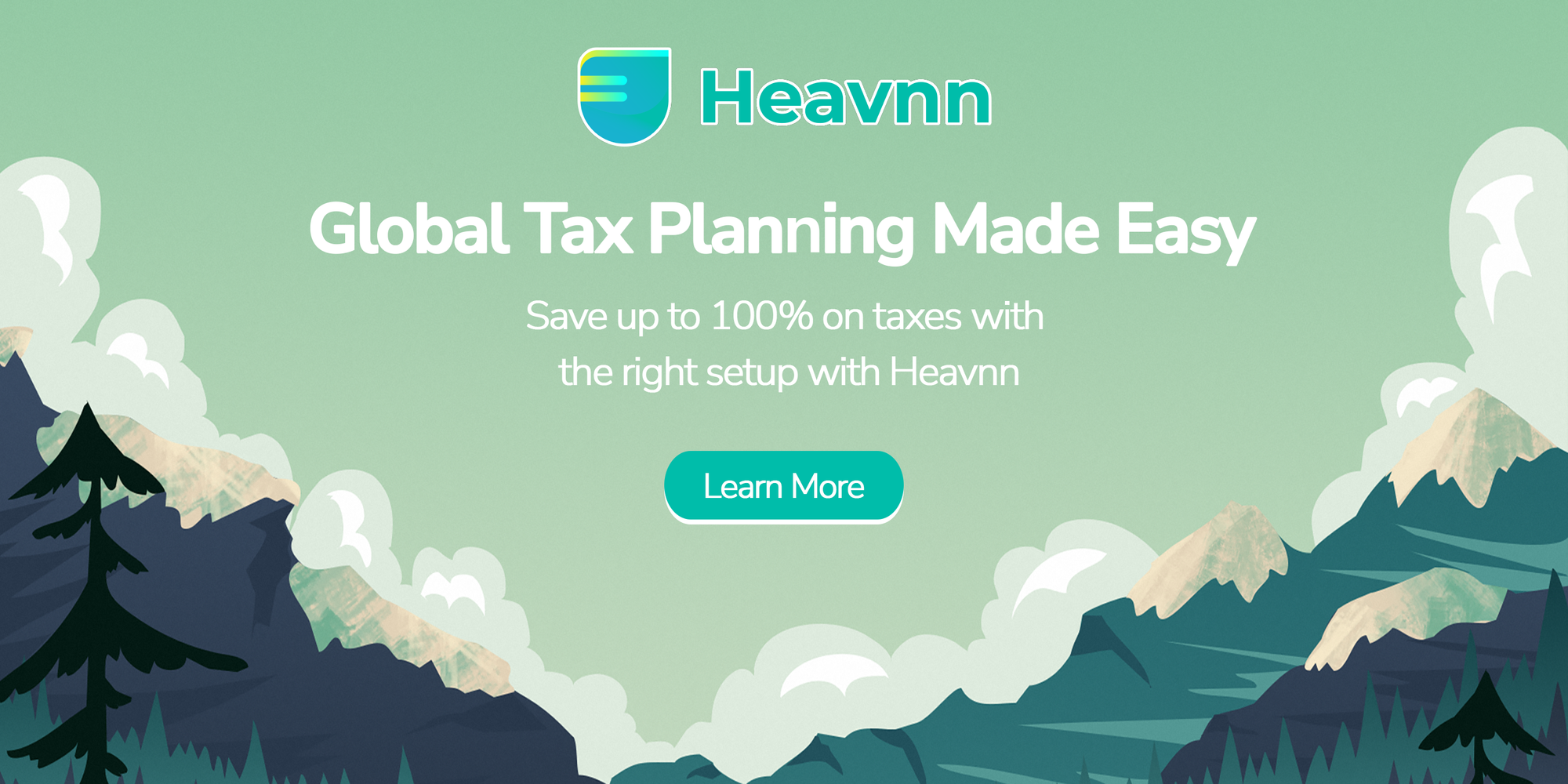As 2025 ushers in new global tax regulations, self-employed workers—especially digital nomads—need to stay informed to minimize liabilities. With countries tightening tax rules and enforcing stricter reporting, understanding your eligible deductions is more important than ever. These deductions can offset rising costs and help you navigate this evolving landscape. Here's how to make the most of your tax-saving opportunities in 2025.
Key Deductions for 2025: What’s Changed and What’s Relevant
- Home Office Deduction
As remote work continues to dominate, the home office deduction remains a cornerstone for savings. If you use a dedicated space in your home for work, you can claim a portion of rent, utilities, internet, and maintenance.
What’s New in 2025: Some countries are updating guidelines to include hybrid work setups—check local rules for eligibility. - Travel Expenses
For digital nomads, work-related travel is a significant cost. Flights, accommodation, meals, and even coworking spaces at your destination may be deductible.
Important Update: Countries like Thailand and Japan are introducing stricter reporting for travel-related expenses tied to local income. Maintain detailed logs to comply with these rules. - Business Supplies and Technology
Essential work items like laptops, software subscriptions, and office supplies are deductible. In 2025, digital tools for virtual collaboration or enhanced security are becoming increasingly common write-offs.
Pro Tip: As more businesses embrace AI tools, related software expenses might also qualify. - Health Insurance Premiums
Self-employed individuals can deduct health insurance premiums for themselves and their families.
What’s Changed: With more countries enforcing stricter healthcare mandates, understanding where and how you qualify for deductions is critical in 2025. - Educational Expenses
As technology and industries evolve, upskilling is crucial. Workshops, certifications, and courses directly related to your work are tax-deductible.
Why It Matters in 2025: Governments are encouraging professional development by expanding eligible expense categories in some regions. - Professional Fees and Tax Preparation
Hiring accountants or legal advisors isn’t just helpful—it’s deductible. Their expertise is especially valuable as global tax laws grow more complex in 2025.
Pro Tip: Invest in a tax advisor familiar with international laws to ensure compliance and uncover savings opportunities.
The tightening of global tax rules is impacting digital nomads and self-employed workers worldwide. Here's how to adapt:
- Monitor Tax Changes: Countries like France, Japan, and Canada are updating tax regulations that may influence reporting requirements or expand taxable categories.
- Leverage Tax Treaties: Double taxation agreements remain a powerful tool for saving. For example, many treaties allow you to credit taxes paid abroad against your home country obligations.
- Track Local Income: If you’re earning in countries with new tax rules, like Thailand or Japan, maintain meticulous records to comply with evolving standards.

How to Stay Organized in 2025
Efficient organization is key to taking full advantage of deductions:
- Use Tech Tools: Apps like QuickBooks and FreshBooks simplify expense tracking and invoicing, ensuring compliance with stricter reporting requirements.
- Separate Accounts: Keep business and personal expenses separate. It simplifies filings and reduces errors during audits.
- Digital Receipts: As governments push for more transparency, having digitized records of all transactions is becoming essential.
Preparing for Tax Season 2025
With tax reforms on the rise globally, 2025 is the year to refine your financial strategies. Whether you’re navigating stricter reporting requirements, new deduction categories, or global tax treaties, proactive planning is critical.
- Start Early: Compile expense records and income statements now to avoid last-minute stress.
- Invest in Expertise: Work with advisors like Heavnn who specialize in global taxation for digital nomads and freelancers.
- Adjust Pricing: Factor in rising costs due to new tax rules and increased platform fees when setting your rates.
While the global tax landscape is shifting, it’s also creating new opportunities for self-employed workers to save. By understanding evolving rules and leveraging available deductions, you can turn these changes to your advantage. Stay informed, stay organized, and make 2025 your most tax-efficient year yet.
Check out our other articles in our Global News section for more updates and guides on the latest digital nomad trends.
Benefit from Heavnn's fusion of expert knowledge and innovative technology by clicking the button below.



